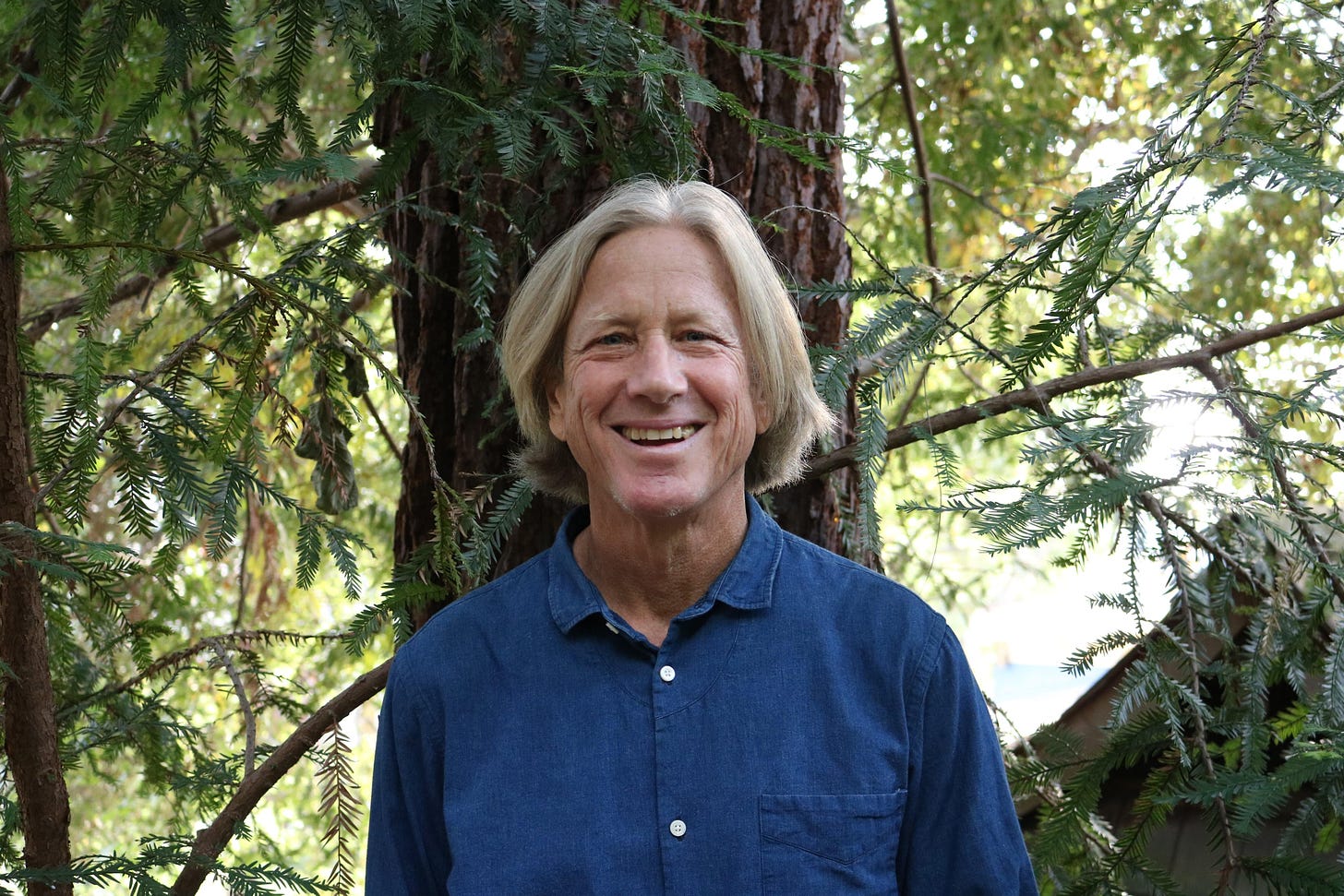A treatise on awe by a psychologist at UC Berkley after watching his brother succumb to colon cancer. Keltner is a psychologist at UC Berkley and was brought in by Pixar to consult on Inside Out and Soul. And though I was skeptical about a book scientifically dissecting such a powerful emotion, his observations have some fantastic takeaways. Here are a few based on Keltner’s research:
Most people report experiencing awe 2-3 times a week.
It’s expected that awe will be experienced in nature, like sunsets and rainbows and scenic vistas. But many report experiencing profound awe in acts of charity and bravery. In fact, most people are more profoundly moved by moral demonstrations like courage and kindness.
How we experience awe depends on our culture. Students in Beijing more commonly found awe in moral beauty, like grandparents or academic excellence. For US students, however, awe was more often experienced in nature.
People with less wealth have more experiences with awe throughout the week than people of greater financial means.
Most experiences of awe (about 75%) are good feelings and only a quarter of reported experiences are flavored with some kind of fear or threat.
People who frequently feel awe are more likely to embrace the unknowable and are less dogmatic. They feel more comfortable with mysteries and with that which cannot be explained. They are more curious about art and science.
Awe boosts our willingness to sacrifice. It inspires us to give of our own time in charity.
Apes in the wild have been recorded displaying awe in front of waterfalls.
Both Sir Isaac Newton and Rene Déscartes were awe-struck by rainbows. This fascination led them both to do some of their greatest work with mathematics and light reflection and physics.
The law of hedonic adaptation says that when we enjoy something rich like chocolate, too much of it makes it grow dull. This is not true with awe. The more we experience it, the richer those experiences feel.
We experience biophilia in almost any natural setting.
There are biochemical reactions that happen in smelling and viewing beautiful things in gardens that cause us to want to be more cooperative.
Interviewing Golden State Warriors coach Steve Kerr about awe, Kerr recalled how Michael Jordan would push the team to perform. He reminded them that it might be the only NBA game some kids in the crowd would ever see. Because of this Kerr says, “It is a civic duty to give people joy.”
READ IT IF: Any of my bullet points above make you think awe is worth pondering.
Keltner hosts the Science of Happiness podcast. Check it out here.
Much thanks to my friend Jeremy Jensen who recommended this book to me.




